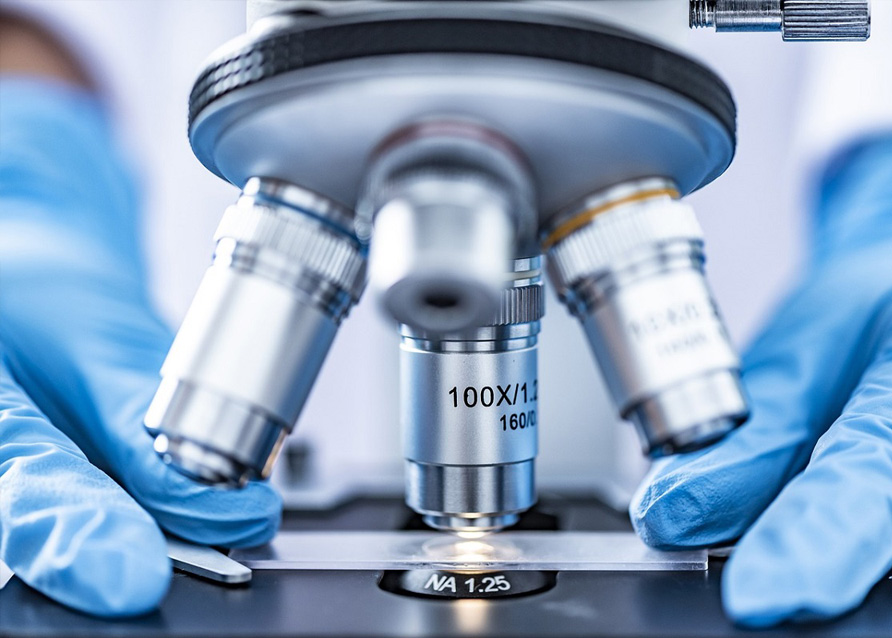Legislation that has been reintroduced in the Senate and has the support of the Biotechnology Innovation Organization (BIO) is set to enhance research, an essential part of the biotechnology field.
According to Senator Maggie Hassan (D-NH) and Senator Todd Young (R-IN), who introduced the bill, the American Innovation and Jobs Act aims to broaden the R&D tax credits.
At present, companies and startups that invest in R&D are eligible for tax incentives, which assist them in financing the development of new and innovative products, resulting in more employment opportunities and a more robust economy.
The new bill will enhance this legislation by extending R&D tax credit that companies and startups can use to finance crucial research, ensuring that businesses can once again completely deduct their R&D expenses every year. The act will counter the 2017 tax legislation that restricted these R&D deductions.
What happened in 2017?
Under the current Tax Cuts and Jobs Act (TCJA), tax deductions for R&D expenditures must be spread out over a period of five years or more. The impact of the TCJA amortizations provisions will be especially felt as companies file their taxes next month.
According to BIO, the biotechnology sector in particular may suffer as a result of this provision, as it could drain crucial resources from small R&D-focused firms, resulting in lasting harm to the advancement of future treatments and ultimately constraining the flow of treatments and goods that patients and consumers depend on our sector to create. These technologies are critical in addressing the world’s needs for treatments, fuel, and food.
“It can take over 10 years and more than a billion dollars to bring a new drug to market,” BIO argues. And it’s expensive to develop “technologies to strengthen food security and climate resiliency.”
BIO sent a letter to Congress signed by BIO, BIO members, and state affiliates arguing that “maintaining the current amortization regime has the potential to do long-term damage to the economy in general and to the biotech industry.”
BIO concluded that “the bill should be enacted quickly to restore the immediate expensing of research and development expenditures and remove what is essentially a tax on innovation.”




